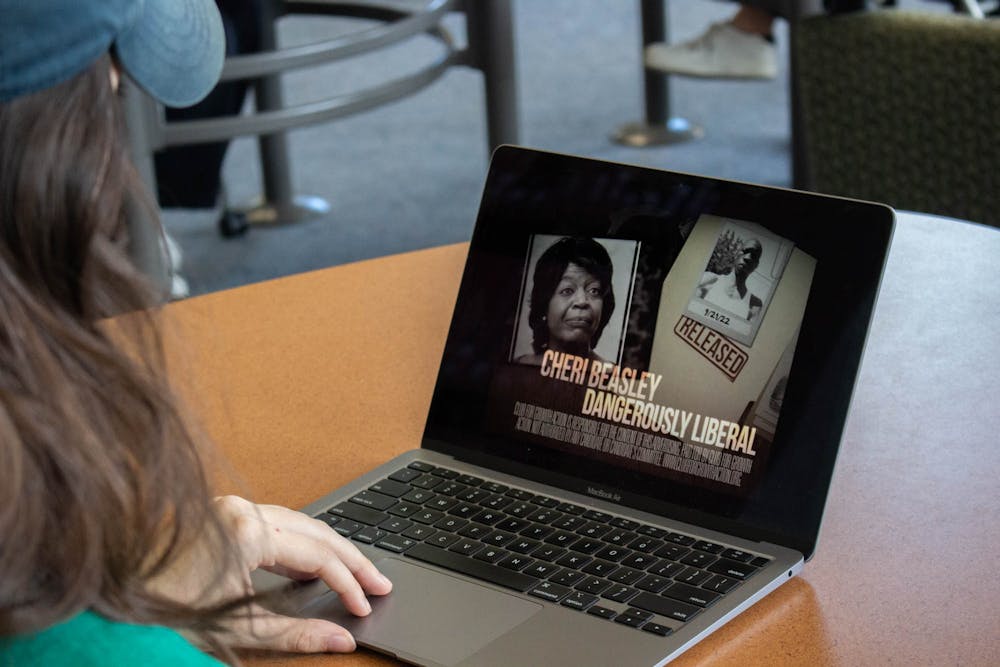As you flip through your TV channels or go on any social media platform, you probably can tell that there is a contentious election just around the corner. What clues you in? The sheer number of political advertisements that are squeezed into each commercial break.
While many of these candidates that are seeking to serve citizens throughout N.C. choose to bolster their platform and put forward what makes their campaign different, it seems like there have been even more political attack ads against opponents in recent years.
I've seen ads proclaiming things like the fact that Cheri Beasley was “encouraging (riots) all across our state and all across our country in 2020.” Or that there was "a child porn offender. (Cheri Beasley) voted to set him free.”
Ads against Wiley Nickel, a candidate for the House, claim that the viewer should call Nickel if that person has been “arrested for beating your wife” or “sell(s) child pornography on the Internet.” Such assaults have become commonplace in the political sphere.
Beyond this, there has been a degradation of standards, from misquoting and taking actions out of context to the pure alteration of reality.
Recently, the conservative political group Carolina Leadership Coalition commissioned a mailer that altered an image of Rep. Ricky Hurtado, an N.C. House representative, so that his shirt said “defund the police." The original image showed him picking up trash while wearing his campaign shirt.
No matter how clean your record is or noble your character is, when you are seeking to be a public servant representing your community, truths tend to become twisted, and reputations become weathered.
Despite the fact that these ads are often false or utilize straw man arguments to distort realities, they have found their way onto mainstream media platforms. This is worrisome for future elections as it may affect a population that is already polarized and becoming less engaged in the democratic process. These types of ads are causing a general disengagement with voting among those who are less politically engaged: the young.
Young constituents have fears of potentially electing someone who endorses egregious acts and don’t have the time to fact-check, so it's easier not to make the trip to the polls.



